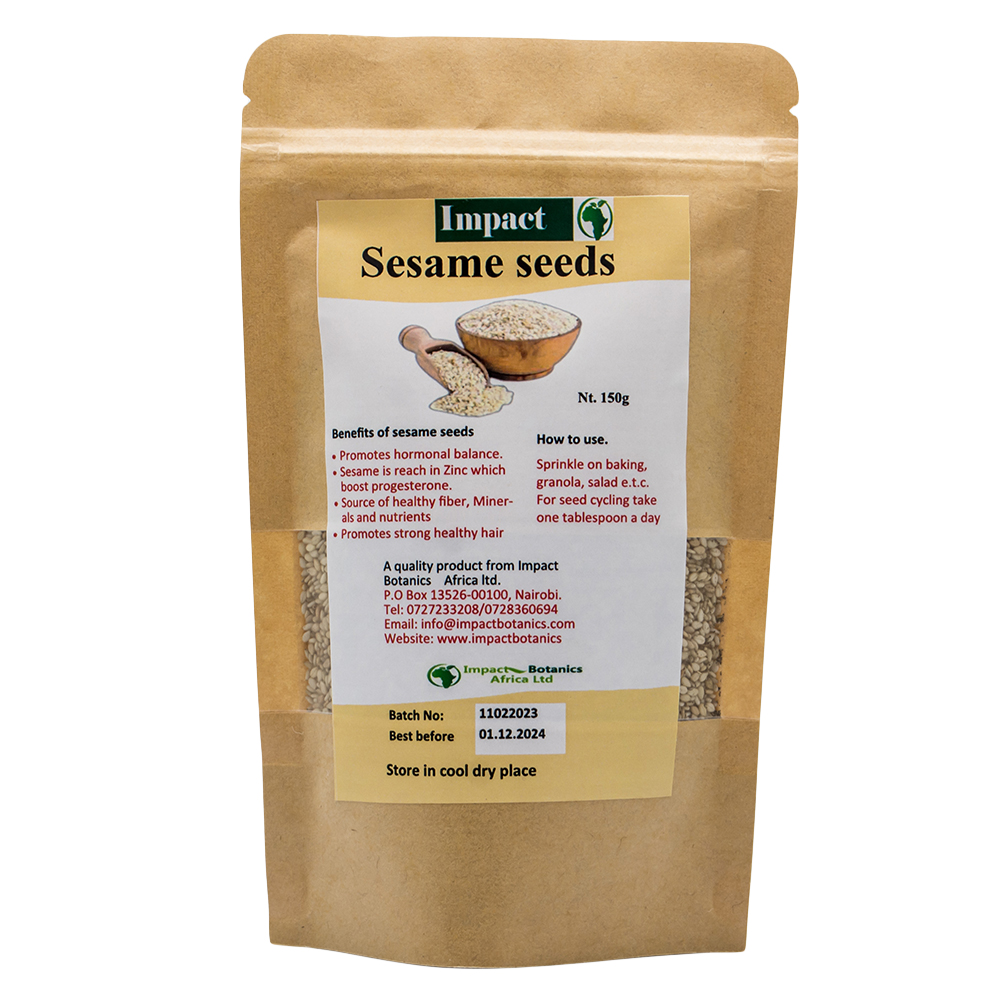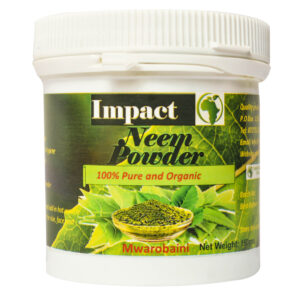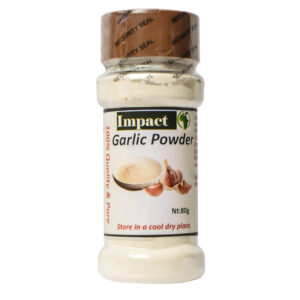Description
Sesame seeds are tiny, oil-rich seeds derived from the sesame plant (Sesamum indicum), which is native to Africa and India and has been cultivated for thousands of years for its edible seeds and oil. Sesame seeds are a versatile ingredient used in cuisines around the world and are prized for their nutty flavor and crunchy texture. Here are some key aspects of sesame seeds:
- Nutritional Profile: Sesame seeds are nutrient-dense and packed with essential nutrients. They are a rich source of healthy fats, particularly monounsaturated and polyunsaturated fats, which are beneficial for heart health. Sesame seeds are also high in protein, dietary fiber, vitamins, and minerals. They are an excellent source of minerals such as calcium, magnesium, phosphorus, iron, zinc, and copper, which are important for bone health, energy metabolism, and immune function.
- Heart Health: The monounsaturated and polyunsaturated fats found in sesame seeds, particularly oleic acid and linoleic acid, have been shown to have positive effects on heart health. These healthy fats help lower LDL (bad) cholesterol levels, reduce inflammation, and improve blood vessel function, reducing the risk of heart disease and stroke. Including sesame seeds in the diet as part of a balanced, plant-based eating pattern may help support cardiovascular health.
- Bone Health: Sesame seeds are an excellent source of calcium, which is essential for maintaining strong and healthy bones and teeth. Calcium plays a crucial role in bone formation, density, and strength, and inadequate intake can lead to bone disorders such as osteoporosis. Incorporating sesame seeds into the diet can help boost calcium intake and support bone health, particularly for individuals who may be at risk of calcium deficiency, such as postmenopausal women and older adults.
- Antioxidant Properties: Sesame seeds contain a range of antioxidants, including sesamin, sesamol, and tocopherols, which help protect the body from oxidative stress and free radical damage. Antioxidants help neutralize harmful free radicals, reduce inflammation, and prevent cellular damage, lowering the risk of chronic diseases such as cancer, diabetes, and neurodegenerative disorders. Regular consumption of sesame seeds may help promote overall health and longevity.
- Blood Sugar Regulation: Some studies suggest that sesame seeds may help regulate blood sugar levels and improve insulin sensitivity, making them beneficial for individuals with diabetes or insulin resistance. The fiber and protein content of sesame seeds help slow down the absorption of sugar into the bloodstream, preventing spikes in blood sugar levels after meals. Additionally, sesame seeds contain compounds like lignans and phytosterols, which may enhance insulin function and glucose metabolism.
- Digestive Health: Sesame seeds are a good source of dietary fiber, both soluble and insoluble, which is essential for digestive health. Fiber helps promote regular bowel movements, prevent constipation, and support a healthy gut microbiome. Sesame seeds may also help soothe digestive symptoms such as bloating, gas, and indigestion. Including sesame seeds in meals and snacks can help increase fiber intake and promote digestive regularity.
- Skin and Hair Health: The vitamins, minerals, and antioxidants in sesame seeds are beneficial for skin and hair health. Sesame seeds contain vitamin E, which helps moisturize and protect the skin from sun damage and premature aging. The zinc and iron in sesame seeds support collagen production and promote healthy hair growth and strength. Additionally, sesame seed oil is often used in skincare products for its nourishing and emollient properties.
- Plant-Based Protein Source: Sesame seeds are an excellent plant-based source of protein, making them a valuable addition to vegetarian and vegan diets. Protein is essential for building and repairing tissues, supporting muscle growth, and maintaining overall health. Sesame seeds contain all nine essential amino acids, making them a complete protein source. Including sesame seeds in meals and snacks can help meet daily protein needs and support muscle health.
- Culinary Uses: Sesame seeds are a versatile ingredient used in various cuisines worldwide. They can be used whole, toasted, or ground to add flavor, texture, and nutritional value to dishes. Sesame seeds are commonly used as a topping for bread, buns, and crackers, as well as in salads, stir-fries, sauces, marinades, and baked goods. Sesame seed oil is also prized for its rich flavor and is used in cooking, frying, and as a dressing for salads and vegetables.
- Allergies and Considerations: While sesame seeds offer numerous health benefits, it’s essential to be aware of potential allergies and sensitivities. Sesame seed allergy is relatively common and can cause severe allergic reactions in some individuals. It’s important to read food labels carefully and avoid sesame-containing products if you have a known allergy. Additionally, sesame seeds are calorie-dense, so moderation is key, especially for individuals watching their calorie intake or trying to manage their weight.
Overall, sesame seeds are a nutritious and versatile ingredient that can be enjoyed in a variety of ways as part of a healthy diet. Whether sprinkled on salads, incorporated into baked goods, or used






Reviews
There are no reviews yet.